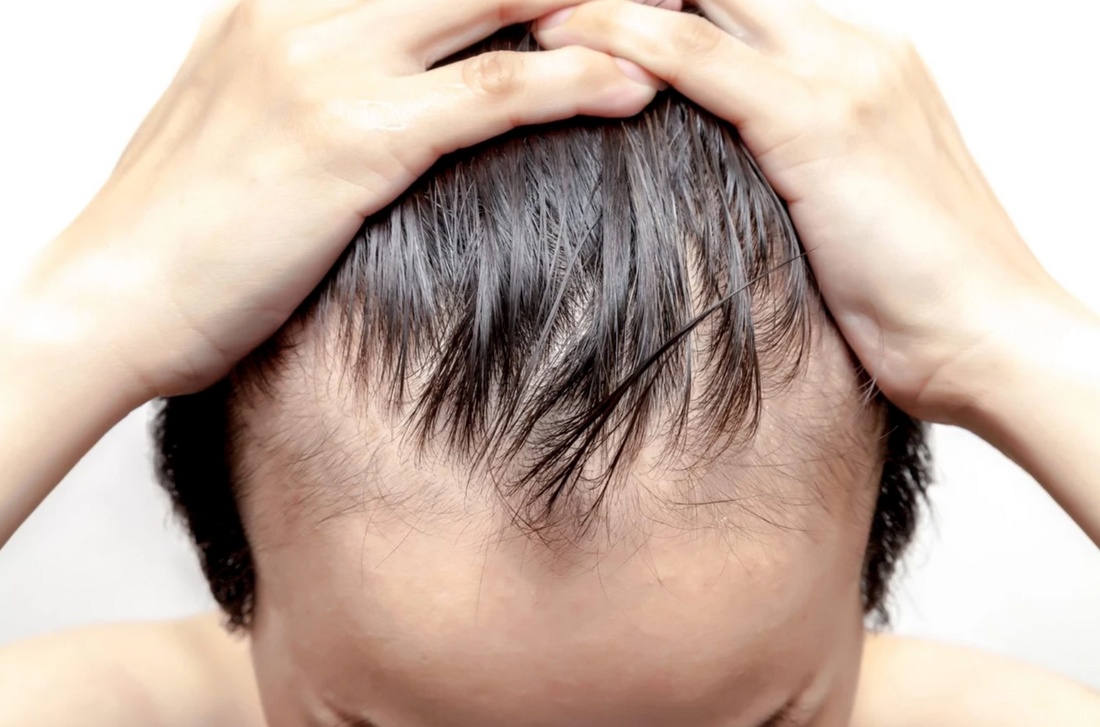Choosing Between HIMS and Keeps for Hair Loss Treatment
Reviewed by Zang and Ridwan
Recent advancements in science and technology have made a substantial impact across various sectors, including the haircare industry. There are now several cutting-edge solutions for hair loss, with a number of prominent brands leading the way. Among these, HIMS and Keeps stand out as two of the most well-known options available.
But how do HIMS and Keeps operate? How effective are they? If you're experiencing hair loss, which brand should you opt for?
HIMS and Keeps
HIMS and Keeps both provide online services, operating under a similar model that includes consultations with licensed doctors via phone or video. After discussing your issue, they recommend both topical treatments and oral medications to address hair loss.
These services have gained significant popularity and cater to a large customer base, with many users experiencing positive results and recommending the products to others.
However, it's essential to review the medications they offer and assess their effectiveness. Additionally, it's important to consider potential side effects associated with these treatments.
HIMS and Keeps Compared to Other Treatments
HIMS and Keeps both offer the generic version of Rogaine, which is a topical treatment, alongside finasteride. Additionally, HIMS provides a biotin vitamin supplement to address potential vitamin deficiencies that may contribute to hair loss.
Finasteride is the primary medication recommended by all major online hair treatment services. Previously sold under the brand names Propecia and Proscar, finasteride works by blocking DHT, a hormone responsible for shrinking hair follicles and causing male pattern baldness. While it prevents further hair loss, it does not stimulate regrowth. However, a concern with finasteride is its potential to cause side effects like reduced libido and sexual dysfunction, and in high doses, it may even increase the risk of breast cancer.
Rogaine’s active ingredient, minoxidil, is applied topically by both men and women to stimulate hair growth. Research on minoxidil has yielded mixed results, with some individuals reporting positive effects from regular use, but many users have experienced hair loss once they stop the treatment.
Experts also recommend laser therapy as an alternative treatment for hair loss. Scalp micropigmentation is another highly successful method that creates the illusion of restored hair, especially for those preferring a shaved look or needing to fill in thinning areas.
It’s important to consult your doctor to identify the underlying cause of your hair loss and determine the most effective treatment. Opt for a solution that minimizes side effects and maximizes results. If you're interested in scalp micropigmentation, don’t hesitate to contact us for more information.
